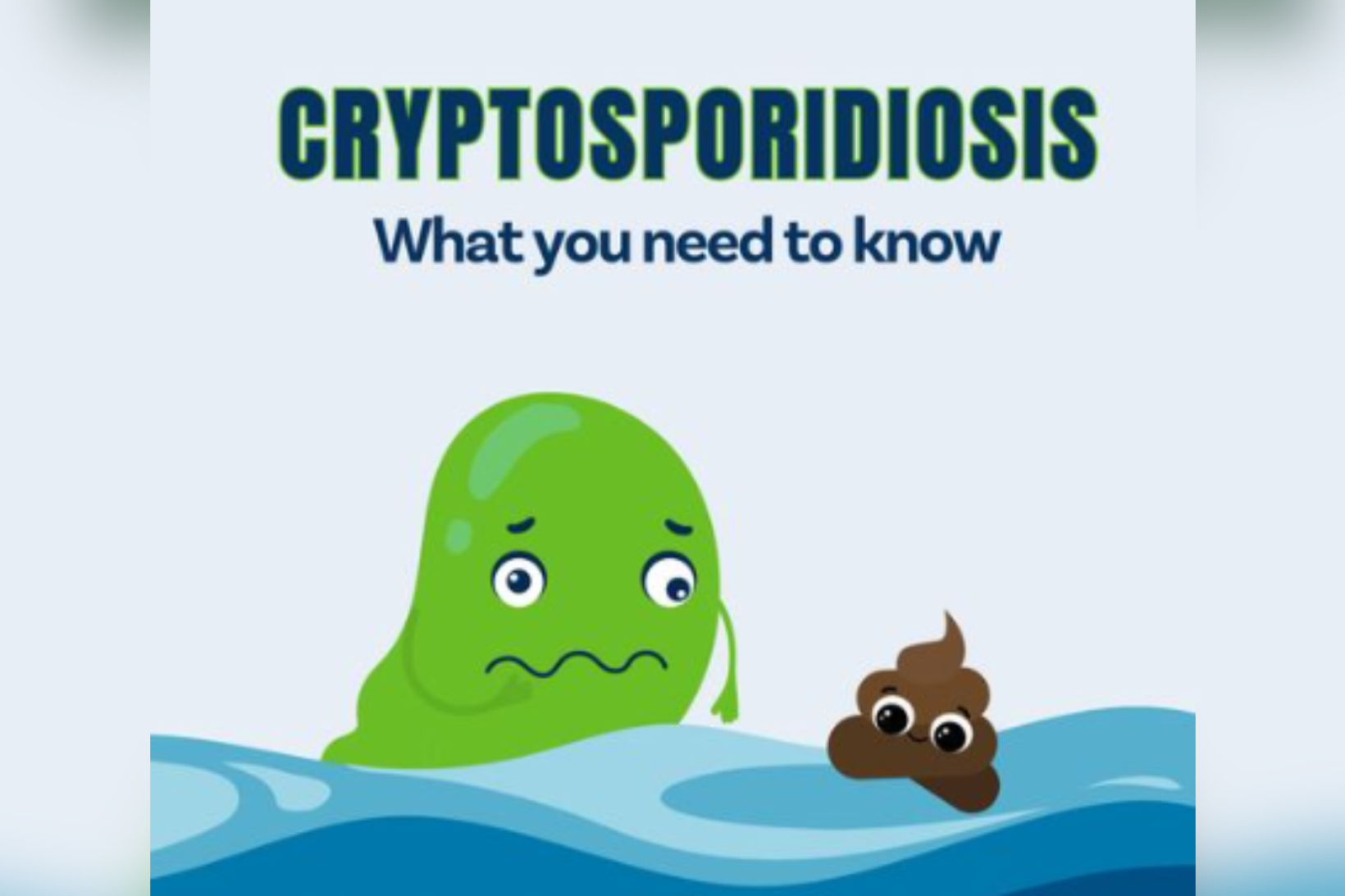General News
6 March, 2024
Warning about stomach bug disease
STOMACH bug cases are rising in the Far North, with public health officials urging residents to take precautions – particularly involving swimming pools.

Cryptosporidiosis is a gastrointestinal disease caused by the microscopic parasite cryptosporidium and is a common cause of acute diarrhoea in young children.
As well as infecting humans, cryptosporidium occurs in a variety of animals including cattle, sheep, dogs and cats.
Since the start of 2024, 25 cryptosporidiosis cases have been reported in the Cairns region. A rise in cryptosporidiosis cases has been reported nationwide across Queensland, New South Wales
and Victoria in recent weeks, with many of the cases being diagnosed in children aged nine years and under.
Tropical Public Health Services Cairns director Dr Richard Gair said cryptosporidium was usually acquired through the ingestion of contaminated water or food, or through contact with infected
individuals or animals.
“Drinking or accidentally swallowing water contaminated with cryptosporidium parasites is a common mode of transmission,” he said.
“This can occur in places such as swimming pools, water parks, and other
recreational water facilities where water may be contaminated with faecal matter.
“The most common symptom of cryptosporidiosis is diarrhoea, especially in young children. Other symptoms include nausea, vomiting, fever, headache, and loss of appetite.”
Dr Gair said people should avoid swimming in pools, water parks or other recreational water facilities for at least 14 days after diarrhoea had stopped.
“Swimming pool operators also need to make sure that their swimming pools are properly maintained,” he said.
“This includes ensuring water quality is well maintained alongside good filtration, and disinfection processes.”
Dr Gair said Queenslanders should also adhere to good hygiene to prevent the spread of infection. “It’s important to wash hands thoroughly after going to the toilet, changing nappies, and after cleaning up animal faeces to minimise transmission of disease,” he said.
“You should also wash the hands of toddlers and babies after a nappy change.
“Children with diarrhoea should not return to childcare or school until diarrhoea has ceased for at least 24 hours and preferably 48 hours.”
Dr Gair said people could also minimise risk by washing fruit and vegetables before eating them, boiling any untreated water and then cooling it before drinking.


